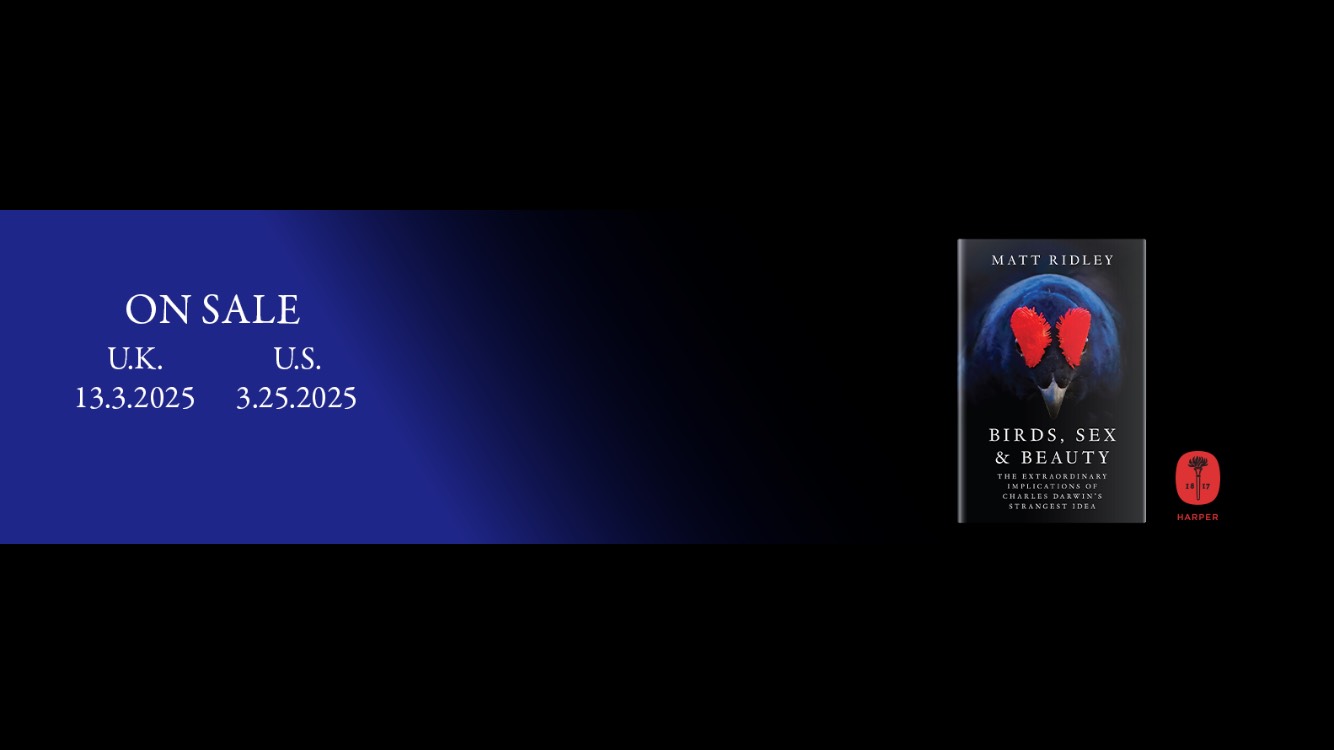Science is packed with committees deciding on ethics… but there are few that decide whether it is safe “I am officially launching my new company: Cathy Medicine. We will eradicate diseases in future generations through germline gene editing.” This is one of several strongly and strangely worded tweets sent in recent days from the Twitter […]
Why won’t western scientists condemn Wuhan?
Matt Ridley
